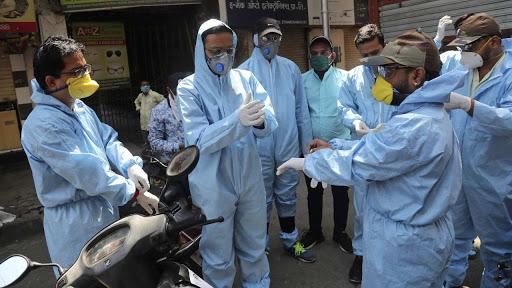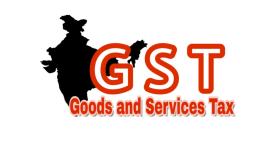Replace Lockdown with Cluster Restrictions, Says Statement by Joint Task Force Against COVID-19

Image Courtesy: Firstpost
The Indian government should lift the nationwide lockdown, the fifth phase of which started on Monday, June 1, and replace it with cluster restrictions based on epidemiological assessment, said a joint statement released on May 25 by the Indian Public Health Association (IPHA), Indian Association of Preventive and Social Medicine (IAPSM), and the Indian Association of Epidemiologists (IAE). The statement also added that the union government should set reasonable criteria and milestones for control of the current phase of the pandemic in the country.
A Joint Task Force of eminent public health experts of India was constituted by the IPHA and IAPSM in April 2020 to advise the Government of India on containment strategies to counter the spread of the COVID-19 pandemic. Subsequently, the Indian Association of Epidemiologists (IAE) also joined the task force.This task force has critically analysed the situation in the country and released two statements until now, in which they have made several recommendations to the union government and mapped out the short-term, medium-term, and long-term measures that should be taken up to fight the ongoing pandemic.
The second statement released by the task force pointed out that the Centre must ensure free sharing of data in the public domain. It said, “All data including test results should be made available in public domain (unlinked anonymous) for the research community (clinical, laboratory, public health and social sciences) to access, analyze and provide real-time context-specific solutions to control the pandemic.” It added that a Public Health Commission with task-specific working groups should be urgently constituted to provide real-time technical inputs to the government. “The opaqueness maintained by the Government of India as well as state governments in the context of data so far has been a serious impediment to independent research and appropriate response to the pandemic,” the statement said.
Also read: Slipshod Handling of Lockdown: Panic Response of Modi Regime
Another point highlighted in the statement is that while physical distancing norms need to be practiced to slow down the spread of infection, enhanced social bonding measures should be promoted to address mental health concerns caused by anxiety and the lockdown. It said, “Stigma and discrimination in COVID-19 tend to be associated with specific population groups (such as religious groups or returnee migrants) even though not everyone in those groups is specifically at risk. Stigma can also occur after a person has been released from COVID-19 quarantine. Governments, media and local organisations need to be pro-active by making people aware and treating them with empathy and respect.”
According to the task force, the ‘historic and systematic neglect of public health as a discipline’ and non-involvement of public health experts in policy making and strategy formulation has cost the nation enormously especially in the current pandemic. “Rapid scaling up of public health (including medical care) -- both services and research -- should be done on a war footing with an allocation of 5% of GDP to health expenditure at center and state level,” said the statement.
The immediate interventions recommended by the task force at national and state levels include establishment of a fever clinic in all public and private hospitals, where any patient recorded as having a temperature while entering the hospital should be sent, reserving hospital beds for only those who require specialist care, and ensuring that intensive care is only provided by well-trained and well-protected healthcare professionals.
The short-term measures include testing, contact tracing and ensuring containment by involving local volunteers, daily reporting of cases which helps in identifying geographic and temporal clustering of cases, provision of appropriate PPE for health care workers to instill confidence in them and formation of an alternate team to take care of the healthcare workers who get exposed to the virus.
As a long-term measure, the task force recommended that the government strengthen the public health system and its institutions. It said, “The need of the hour is to have an effective public health system with autonomous institutions. All the existing public health institutions like NCDC, ICMR and Community Medicine Departments of Medical Colleges and Public Health Departments of universities and autonomous institutions should work in synergy without encroaching others' domain.”
Also read: Union Government’s Policies Incoherent, Says Statement by Joint Task Force Against COVID-19
Get the latest reports & analysis with people's perspective on Protests, movements & deep analytical videos, discussions of the current affairs in your Telegram app. Subscribe to NewsClick's Telegram channel & get Real-Time updates on stories, as they get published on our website.
























